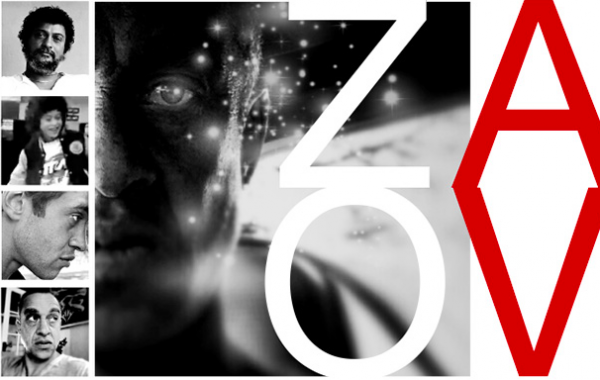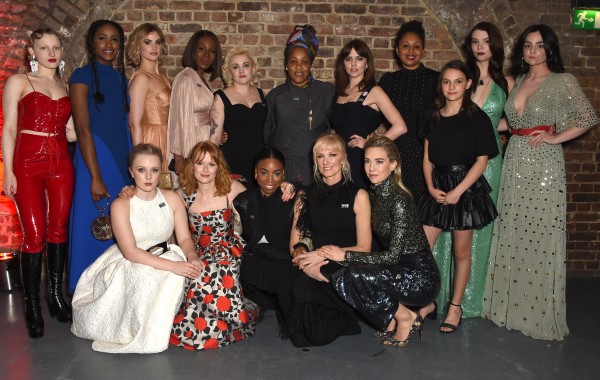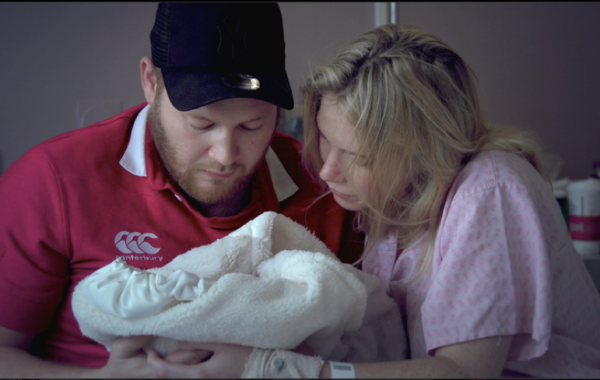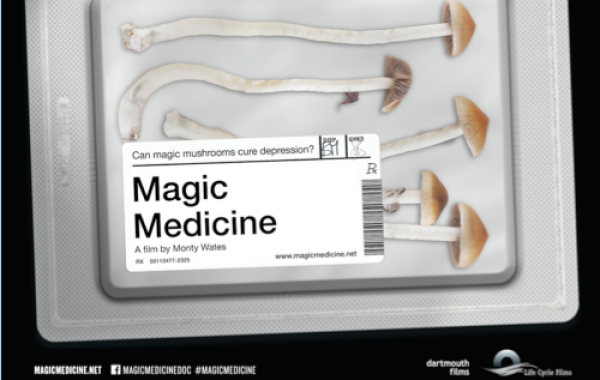Winners: Women’s International League for Peace & Freedom photography comp exploring militarised masculinities & alternatives
Huge congratulations to Colombian photographer Carolina Navas Gutiérrez, winner of The Women’s International League for Peace and Freedom’s (WILPF) inaugural photography competition which invited photographers from around the world to respond to the theme ‘Militarised Masculinities and Alternatives’. Carolina’s powerful series of images ‘Nos miran’ (They gaze upon us) portray the vulnerabilities of young men living in the Tumaco region of Colombia’s Pacific Coast, notorious for being one of the world's largest cocaine-producing regions and an area with one of the highest violent death rates in the country.
Honourable mentions were awarded to two entrants, US photographer Lauren Justice, for her portrait and interview collection with perpetrators of domestic violence and their counsellor, a survivor of domestic abuse, “What Would I Have Done If I Would Have Killed Her That Night?” in the United States, and New Zealand based former humanitarian aid worker, Pedram Pirnia PhD, for his single image entitled ‘Classroom with a Gun’ taken in Afghanistan.
See the winning images on the WILPF Militarised Masculinities: Mobilising Men for Feminist Peace website HERE
Gael Almeida, National Geographic’s Regional Lead for Latin America and Jury member said of Carolina's images, “This very powerful series of portraits, shows a group of young men who, despite the adverse conditions they have faced, have decided to live their masculinity in a different way, they are resilient and brave, and they show us hope and joy which is so much needed in these turbulent times.”
Carolina Navas Gutiérrez said, “My series of portraits of young Afro-Colombians reveals how, through dance and music, they confront a reality charged with violence, lack of opportunities and abandonment. I fixed my gaze on the men, because they are the ones who mainly make up the armed groups such as the army, the paramilitaries, common criminals or the guerrillas who have a strong presence in Tumaco, one of the most violent municipalities in Colombia. In this hostile context, these young artists are like flowers in the desert. Much is said about the problem of drug trafficking worldwide and the damage that drugs do to young people in first world countries. Little or nothing is said about the thousands of young Colombians that suffer from violence, poverty and fear related to the drug trade. For me it is important to contribute in some way to making this problem visible, and to remember the communities that find their own ways of resisting the hostile contexts where they have lived.”
Across the world, violence and war continue to have a devastating effect on people and the planet, and for the last two years WILPF has been challenging its logics through a dedicated programme called ‘Countering Militarised Masculinities: Mobilising Men for Feminist Peace’, of which this competition forms part. Dean Peacock, Director of the Programme said; “It’s hard to imagine a more critical juncture to share these incredibly powerful images that capture so vividly both the lethality of militarised ideas of manhood and the emancipatory possibilities inherent in rejecting them. We are so excited to get these photographs out into public spaces around the world where we know they’ll generate important conversations about how men and women can work together for peace.”
The esteemed panel of judges included internationally acclaimed photojournalist Donna Ferrato, Washington Post photographer jahi chikwendiu, National Geographic’s Regional Lead for Latin America Gael Almeida, Time Magazine’s Paul Moakley, National Geographic photographer Pete Muller, The Atlantic’s Visuals Editor, Jehan Jilani and conceptual artist Tasha Dougé.
Commenting on the winning entries, Jury Chair and longstanding chronicler of men, masculinities and conflict, Pete Muller said, “I was thrilled by the calibre and breadth of entries we received in this inaugural contest. The relationship between masculinity and violence is as pressing as ever. We need meaningful, complex conversation about it. I think this contest helps push the discourse forward.”
Joy Ada Onyesoh, President of WILPF International said, “As the longest standing women’s peace organisation in the world we have long known how important it is to challenge and mobilise men to achieve feminist peace. As the devastating events in Ukraine, Yemen, Ethiopia and beyond have shown us, militarism cannot and will never be a solution for peace and stability. The importance of our continuing work with men in local communities to mobilise their support to counteract the impact of damaging notions of militarised masculinities around the world, couldn’t be clearer.”
Each of the winners will receive a financial contribution to their work which will be presented as part of a dedicated exhibition on the theme later in the year.
Featured Work

Zak Ové
View Details
TIME’S UP UK
View Details
Channel 4
View Details



